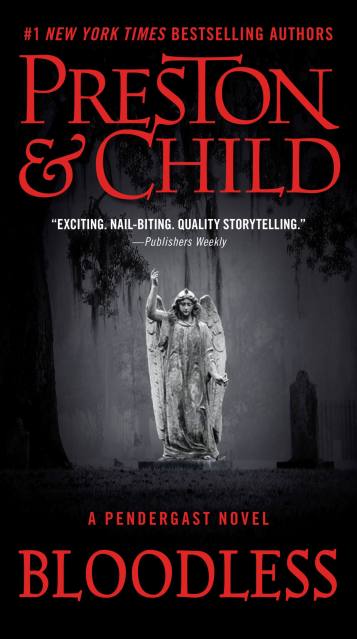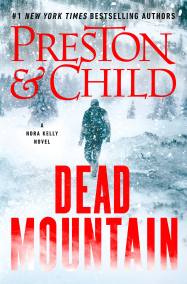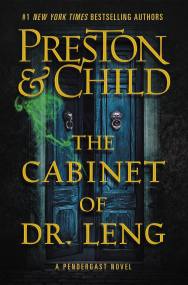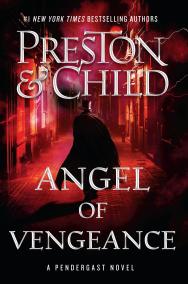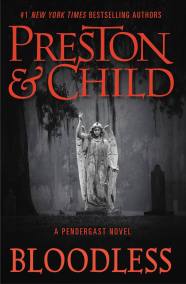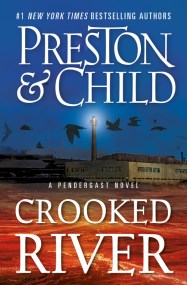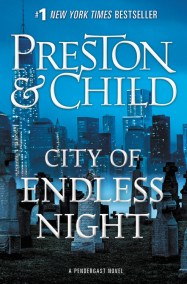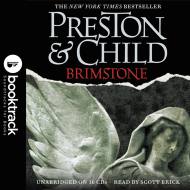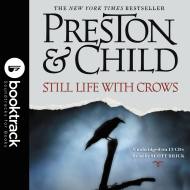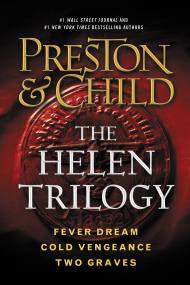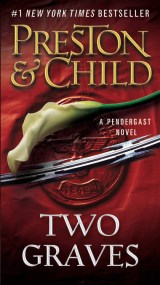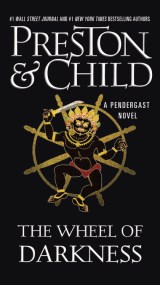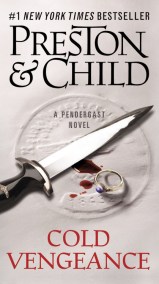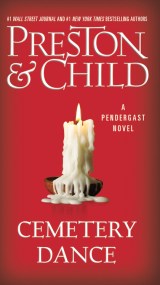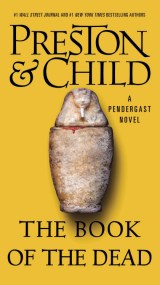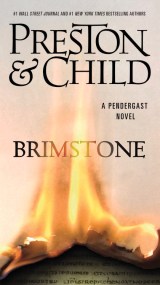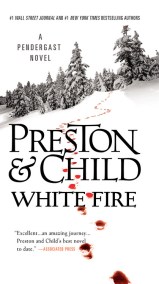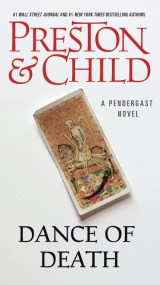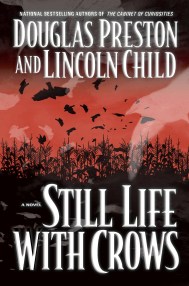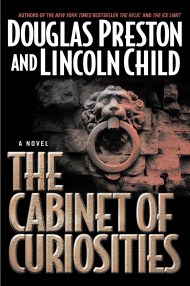Promotion
Use code MOM24 for 20% off site wide + free shipping over $45
Bloodless
Contributors
Formats and Prices
Price
$9.99Price
$12.99 CADFormat
Format:
This item is a preorder. Your payment method will be charged immediately, and the product is expected to ship on or around January 10, 2023. This date is subject to change due to shipping delays beyond our control.
Also available from:
INSTANT #1 NEW YORK TIMES BESTSELLER: Agent Pendergast faces his most unexpected challenge yet when bloodless bodies begin to appear in Savannah, GA.
A fabulous heist:
On the evening of November 24, 1971, D. B. Cooper hijacked Flight 305—Portland to Seattle—with a fake bomb, collected a ransom of $200,000, and then parachuted from the rear of the plane, disappearing into the night…and into history.
A brutal crime steeped in legend and malevolence:
Fifty years later, Agent Pendergast takes on a bizarre and gruesome case: in the ghost-haunted city of Savannah, Georgia, bodies are found with no blood left in their veins—sowing panic and reviving whispered tales of the infamous Savannah Vampire.
A case like no other:
As the mystery rises along with the body count, Pendergast and his partner, Agent Coldmoon, race to understand how—or if—these murders are connected to the only unsolved skyjacking in American history. Together, they uncover not just the answer…but an unearthly evil beyond all imagining.
Genre:
-
PRAISE FOR BLOODLESS:"Leave it to the imaginations of Preston and Child... Spooky and surreal [and] wonderful fun."Kirkus
-
Praise for CROOKED RIVERPublishers Weekly
"Exciting. Nail-biting. Quality storytelling." -
"Preston and Child know how to craft compelling stories that are both baffling and surprising. The cast of characters feels authentic and moves the story forward in unexpected ways. . . the authors are masters of the procedural with a gothic flair."Associated Press
-
"[Pendergast] still remains the most charming, intelligent, cool, and creepy agent ever written. . . Read this. As fast as possible. Preston & Child have once again created the unimaginable and you just can't miss it!"Suspense Magazine
-
"Agent Pendergast is back and better than ever."The Real Book Spy
-
"The best mystery series going today. Preston and Child display a true masters' touch. This is riveting reading entertainment of the highest order."Providence Journal
-
“Non-stop action, and much to amuse, shock and horrify the reader.”Fresh Fiction
-
"BLOODLESS is their 20th novel featuring one of the most unique protagonists in all of thriller fiction, Agent Aloysius Pendergast, and may rank as one of the finest books they have ever penned together.... BLOODLESS is a pure pleasure to read and is like candy to thriller fans --- candy from which readers will drain every ounce of flavor in pure delight."BookReporter
-
"Preston and Child, expertly straddling the line between reality and the paranormal, have fashioned a neo-gothic masterpiece."The Providence (RI) Journal
-
“Bloodless is rife with inventive scenarios, amusing exchanges (especially between oft-impatient Coldmoon and eternally placid Pendergast) and tantalizingly spooky mysteries, topped off with a gloriously wild finale that is as action-packed as it is memorable.”BookPage (Starred Review)
- On Sale
- Jan 10, 2023
- Page Count
- 496 pages
- Publisher
- Grand Central Publishing
- ISBN-13
- 9781538736692
Newsletter Signup
By clicking ‘Sign Up,’ I acknowledge that I have read and agree to Hachette Book Group’s Privacy Policy and Terms of Use
